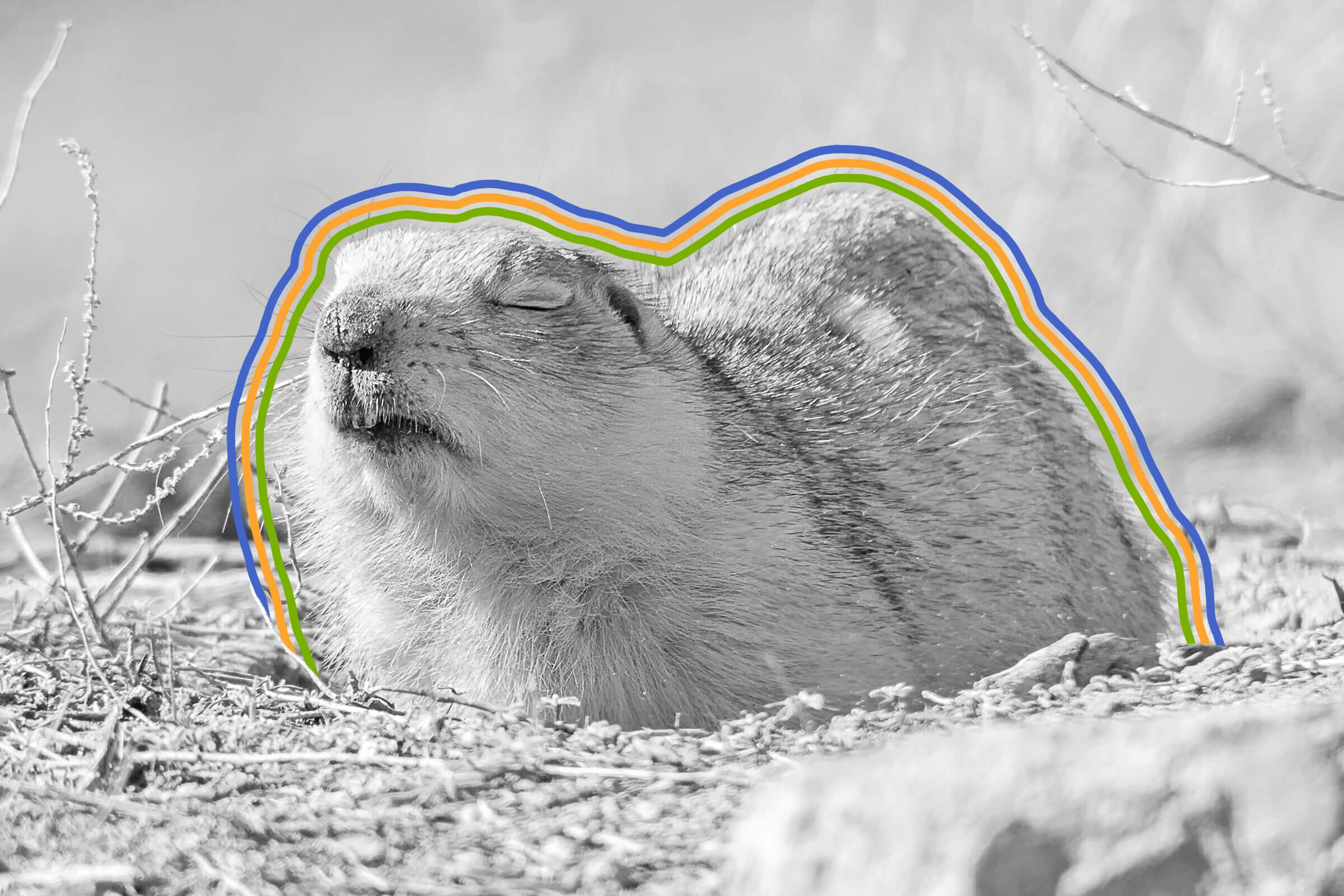| __ was the first civilization to use 24 hours to tell time. |  |
|
|
 | Numbers Don't Lie |
|
 | | Year the first leap second was introduced to account for the Earth's slight rotational fluctuations | | 1972 |
|
|  | | Approximate length (in years) of the sun's orbit around the Milky Way | | 230 million |
|
|
|
 | | Percentage of animal species that died out when an asteroid (likely) ended the Age of Dinosaurs | | 75% |
|
|  | | Estimated number of identified dinosaur species | | 700 |
|
|
|
|
|
 | The Earth's rotation has been speeding up recently — and no one knows why. |
|
| The Earth's 24-hour rotation is a rough estimate, since planetary quirks such as its molten core, imperfect shape, explosive volcanoes, and even wind patterns can affect its spin. Overall, tidal forces should be continuing to steadily slow down the planet's rotation, but instead the opposite is happening. On June 29, 2022, the Earth pulled off its fastest daily rotation in recent memory, ending its usual 24-hour spin some 1.59 milliseconds early. Scientists aren't sure why the planet's spin is now speeding up, though culprits like climate change or other atmospheric anomalies might be to blame. In light of this unexpected rotational acceleration, scientists could one day decide to subtract a second from our clocks in order to keep things in sync. | |
|
|
|
| You might also like | | 7 Facts About Hibernation | | Hibernation is a complex physiological state that helps animals survive seasons when resources are low. Here are a few facts on this unusual adaptation and the critters that have mastered it. |  |
|  |
|
|
|
|
|
0 Comments:
Post a Comment
<< Home